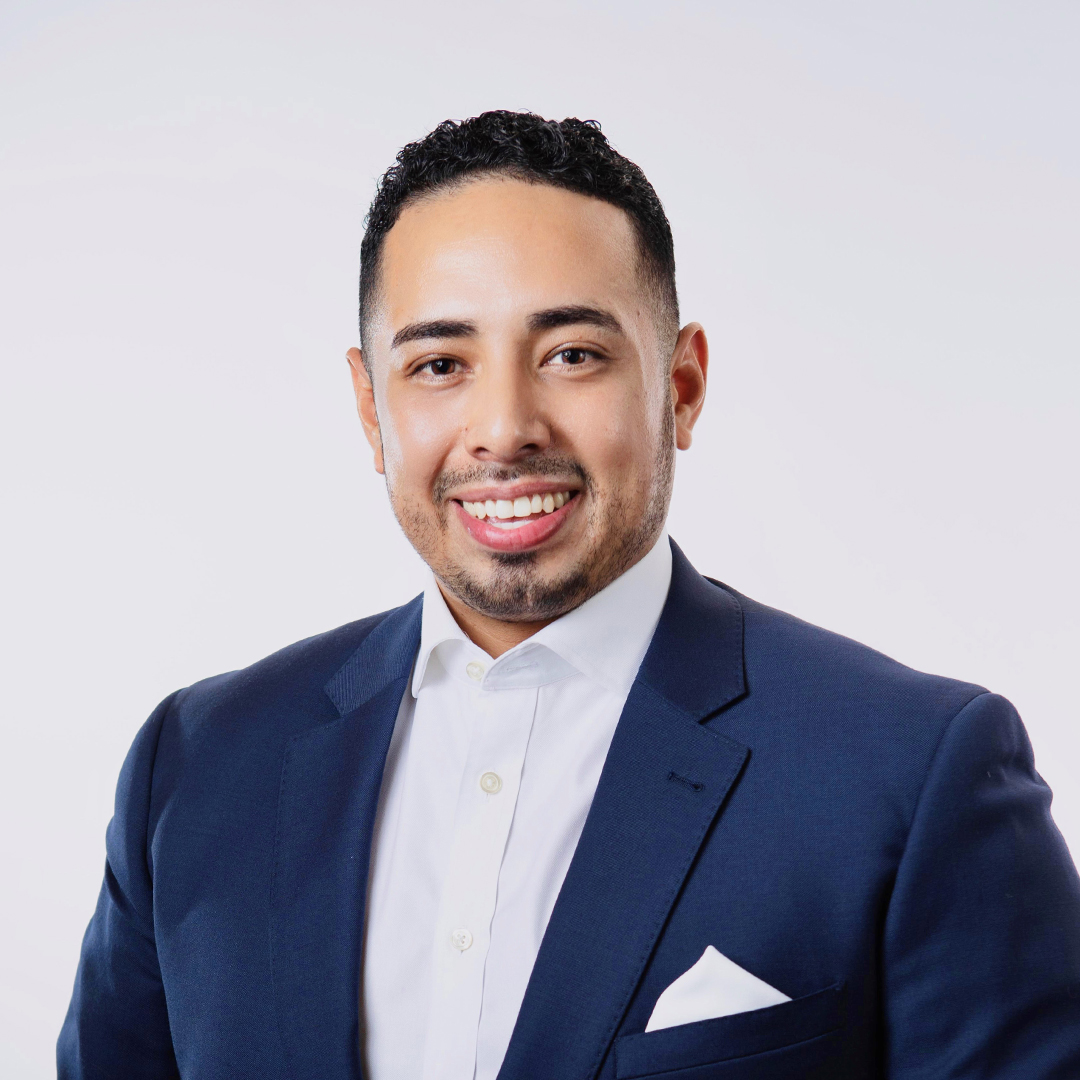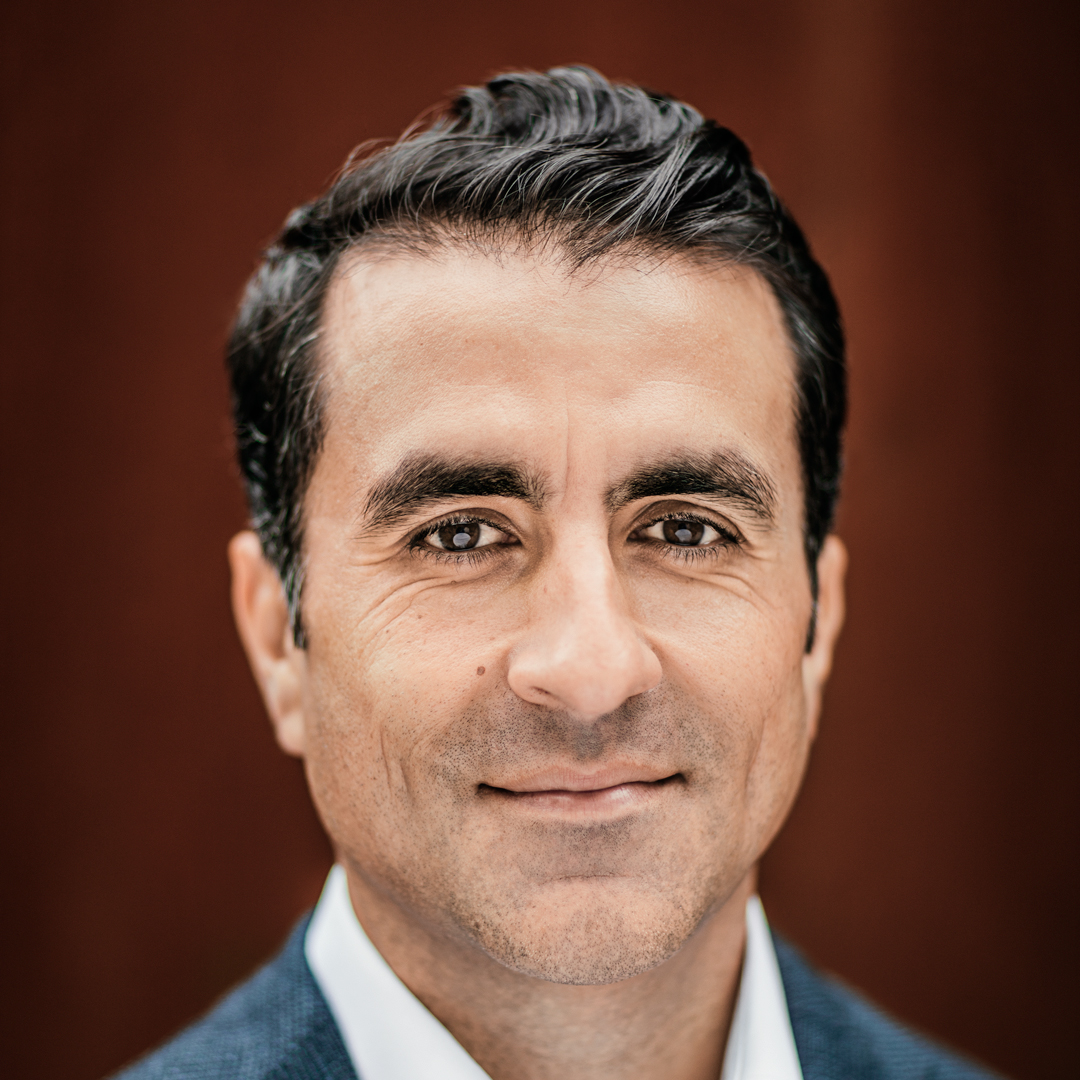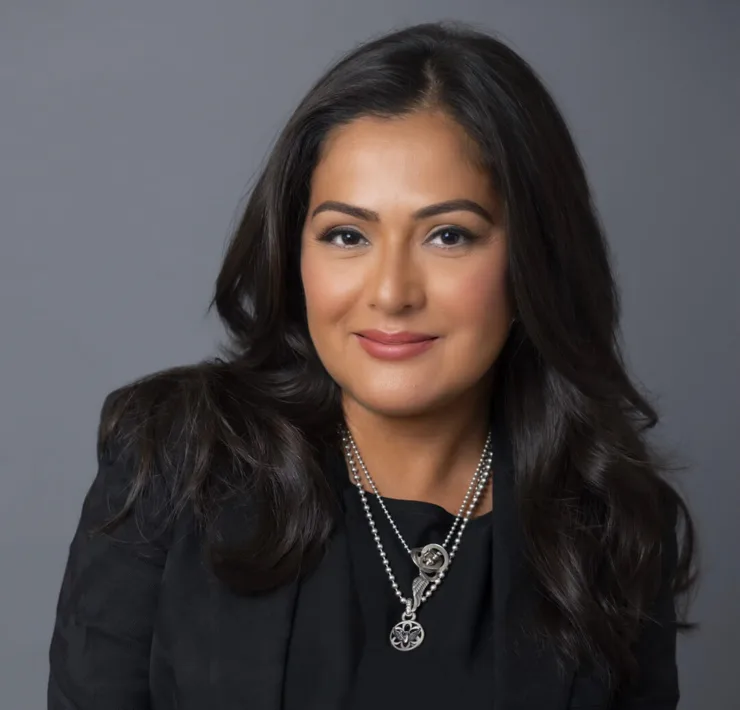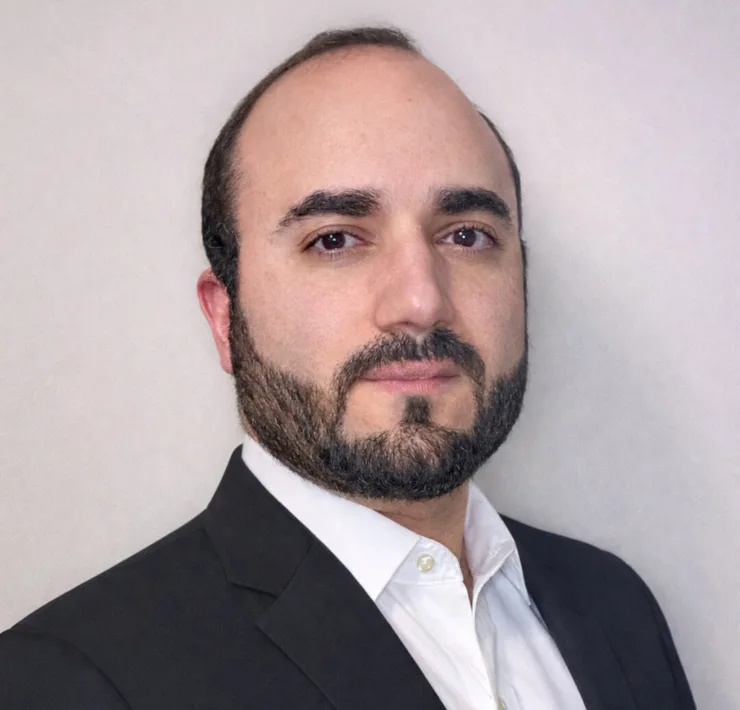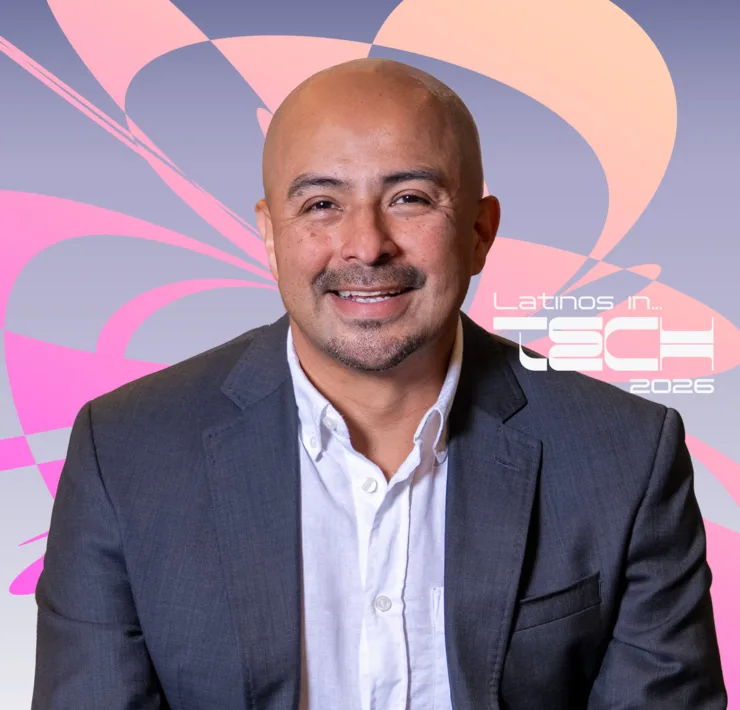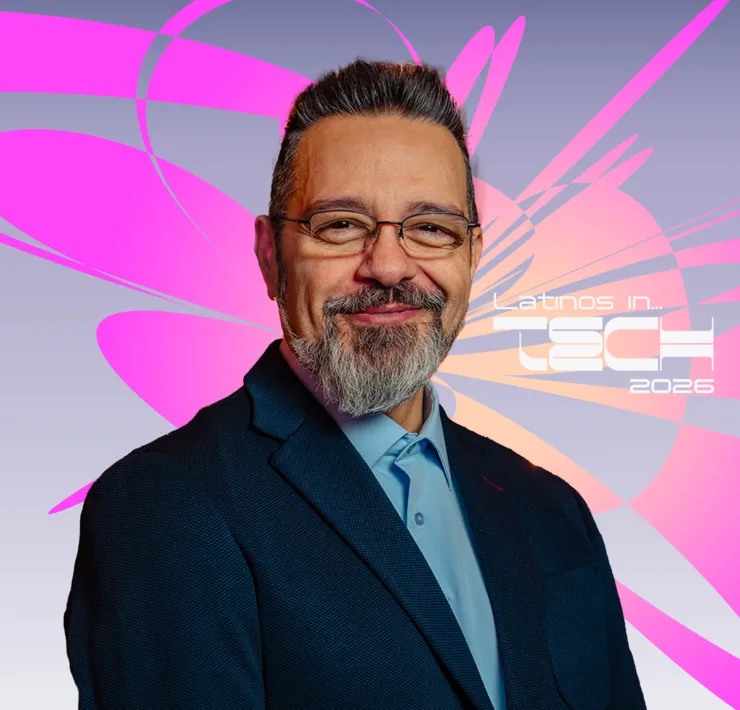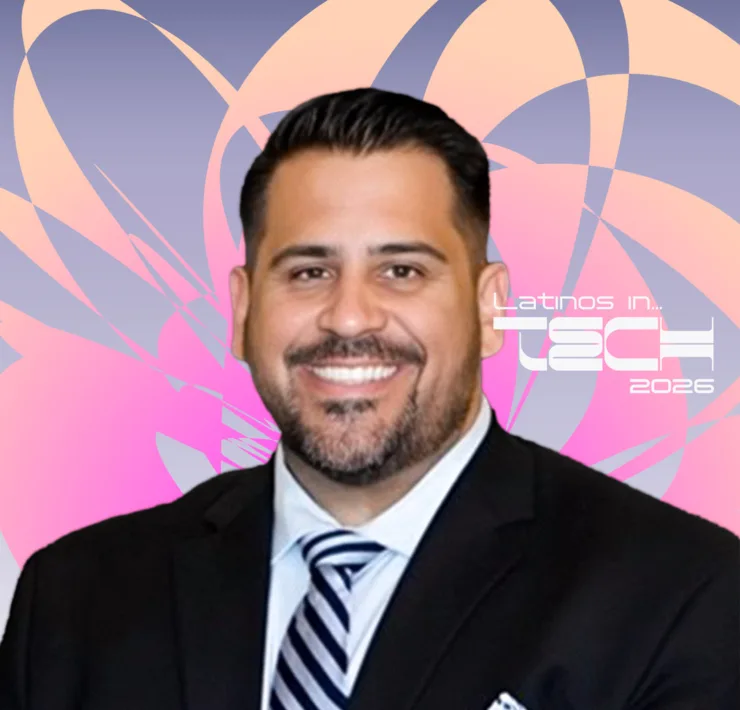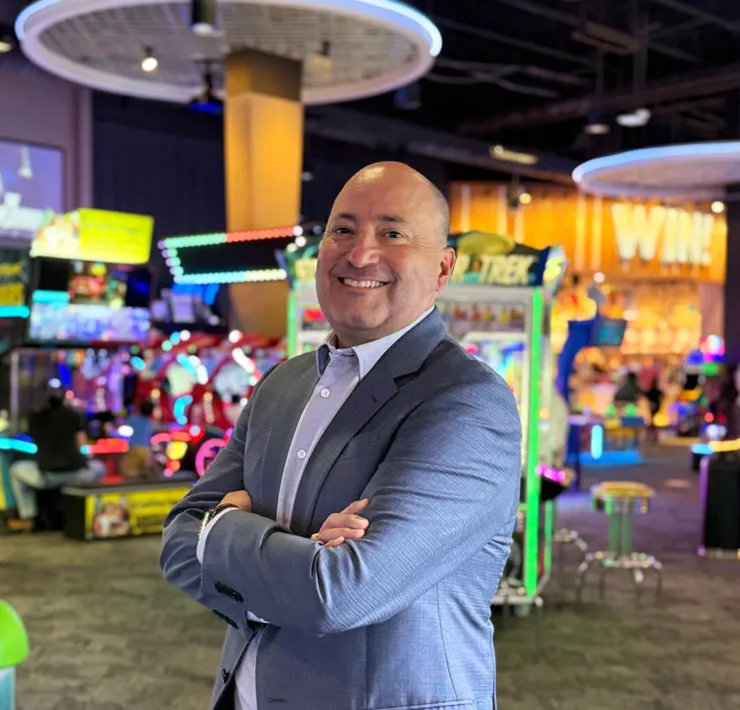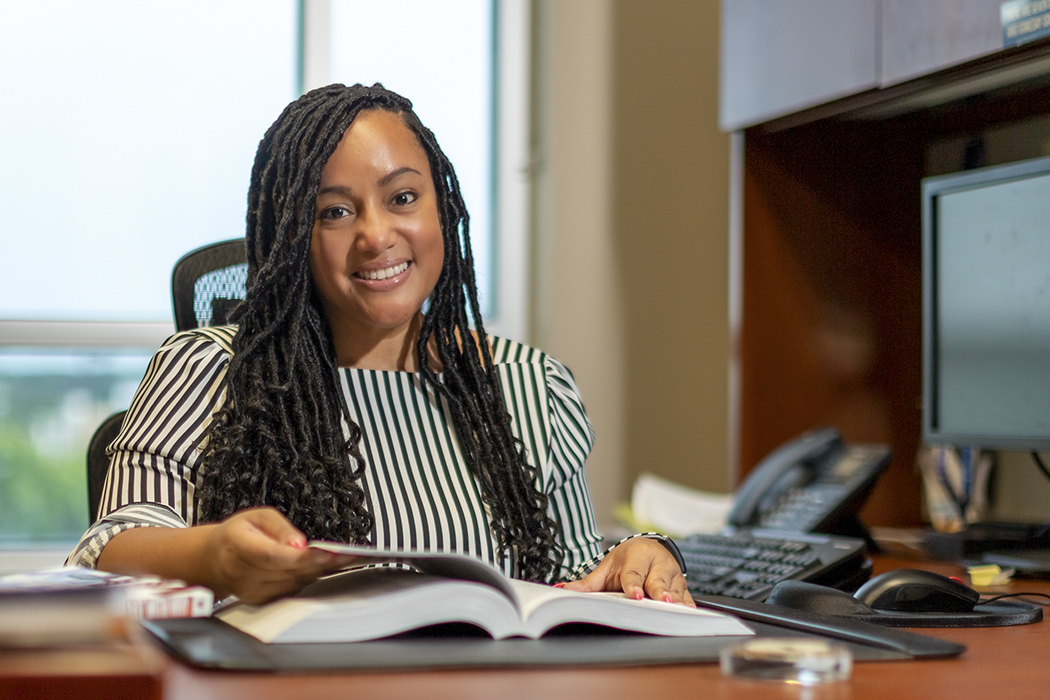
|
Getting your Trinity Audio player ready...
|
To Arleska Castillo, the most important part of her title as chief human resources officer for Georgia’s Muscogee County School District is the word “human.” It is by caring for and respecting each other, she explains, that we not only bring out the best in an organization but also drive lasting change. As CHRO, Castillo has made a point of embracing staff and students alike as stakeholders in the district community, enacting policies that encourage everyone to raise their true and authentic voices.
Since taking on the role as CHRO in September 2019, Castillo has focused on establishing collaborative ways to engage stakeholder groups—collaboration that has become even more necessary during COVID-19. She has partnered with several stakeholder groups to launch surveys and host focus groups capturing student, parent, and employee voices. These efforts will “allow the trust factor to grow” and give students a much-needed platform to voice their concerns. As Castillo points out, “You can’t develop policies without talking to students so that they can discuss their needs.”

Castillo also plans to establish a diversity and inclusion council that will create ongoing engagement between employees, students, and district leaders. “We continue to witness the current racial climate across the world,” she notes, “and as leaders, we need to create platforms that enable brave spaces for dialogue and reflection.”
All this, Castillo stresses, is critical to fostering a climate of diversity that is truly inclusive. “You do not develop diversity, because that can happen organically,” she explains. “My focus would be to develop inclusivity, which allows organizations to develop and implement programming and policies that serve in connection to their mission and their communities.”
Castillo plans, through the diversity and inclusion council, to provide opportunities for employees and students to practice and demonstrate leadership skills by contributing to the development and implementation of the council’s programming and events. Additionally, the council will encourage both employees and students to speak openly about matters that affect them, including microaggressions and implicit biases, by developing their public speaking skills, the CHRO explains.
“This will take careful planning, but it can be successful,” Castillo says. “This is something students should learn about, especially as they venture to new opportunities, such as college. It will give them the necessary tools to engage in healthy, facilitated spaces for dialogue—which will help them in their careers and throughout their lives.”
Castillo’s commitment to building a new generation of empowered young leaders stems from experiences in her youth. The daughter of an Afro Latina from Venezuela, Castillo grew up in Jersey City, New Jersey, where her mother settled after emigrating from South America when Castillo was just two years old.
As Castillo explains, her mother speaks English, but it is not her native language—and she often faced discrimination as a result. “She has an accent, which in some spaces was considered a flaw,” Castillo recalls. “But she speaks three languages fluently, which should be celebrated. I didn’t understand why a person should be mocked for that.
“My mother is resilient—y yo estoy bien orgullosa de ella,” she continues. “We were not rich, but I never felt poor.” To be sure, her mother’s unwavering support and constant encouragement have always been sources of great strength for Castillo. In 2019, it helped give her the courage to leave New Jersey, her circle of family and friends, and her post as director of human resources for Rutgers University–Newark and move to Muscogee to take up her current role.

The move, according to Castillo, has afforded her wider insight into the educational system—which was part of the reason she was attracted to the CHRO position to begin with. “I wanted to see what happens educationally to students before college,” she explains.
The Muscogee County School District employs about 5,500 people from a wide range of ethnic and demographic backgrounds, who collectively support more than fifty elementary, middle, and high schools. Castillo relishes the challenge set by the superintendent to “rebrand the way human resources is viewed in the district.” In fact, in her first few months, she revamped the district’s orientation process to adapt to the COVID-19 pandemic, which surfaced just a few months into her tenure.
The previous in-person orientation process took a full day, whereas the new process consists of shorter, prerecorded modules that can be completed over thirty days. It enables new employees to absorb the necessary information in manageable pieces at a pace of their choosing.
But Castillo hasn’t stopped there. She has established a digital platform that allows administrators and employees to set up virtual conferences, where they can discuss a variety of topics, including strengthened mental health and wellness services for employees, professional development, and the proposal of a new telecommute policy designed to improve work/life balance for district employees. “We want to ensure that people can telecommute for medical and nonmedical purposes,” Castillo says, adding that she hopes the policy will serve employees even after the pandemic abates.
In the course of working on all of these initiatives, including the district’s new diversity and inclusion programs, Castillo has made a point of inviting a broad swath of stakeholders to the table. In addition to other HR personnel, she has collaborated with teachers, administrators, IT specialists, and representatives from student services.
Castillo encourages all project collaborators to speak their minds—and fosters an environment in which they feel welcome to do so. “If you are the only person speaking on a topic, it can be difficult,” she points out. “You have to be comfortable being uncomfortable.”
Castillo knows better than many the value of embracing the uncomfortable—whether that means moving to a different country to start anew or moving to a different state to take on a new career challenge. It is in her blood, and it is what spurs her to serve as a change agent no matter what comes her way.
